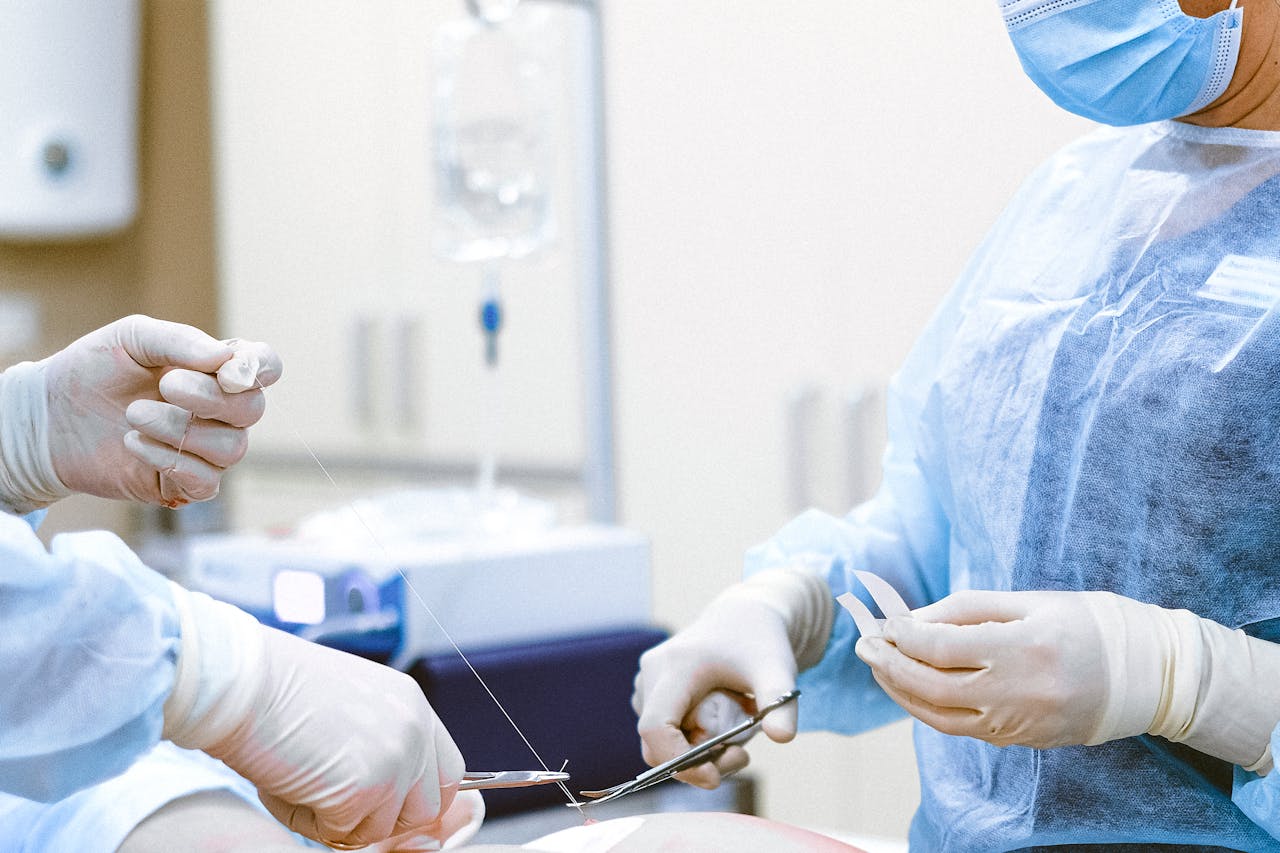
Gastroesophageal reflux disease (GERD) isn’t just discomfort—it can significantly affect daily life, nutrition, and long-term wellness if left unmanaged. Fortunately, advancements in both diagnostic and treatment approaches now offer more precise, patient-specific care. By exploring modern tools and techniques, individuals can gain a deeper understanding of the solutions available for their condition and how the right clinic can provide long-term relief with a truly holistic approach.
-
Table of Contents
Diagnostic Accuracy: The Foundation of Effective GERD Treatment
Proper diagnosis is the first and arguably the most crucial step in effectively managing GERD. Technologies such as esophageal manometry, 24-hour pH monitoring, and upper endoscopy are essential tools that help you to get help for your GERD symptoms with precision by allowing clinicians to assess acid exposure, esophageal function and rule out complications like Barrett’s esophagus.
Clinics with diagnostic expertise can distinguish between GERD, functional heartburn, and other overlapping disorders, ensuring patients receive the proper treatment from the start. This step reduces guesswork, minimizes trial and error, and builds patient confidence by confirming a clear path forward.
-
Minimally Invasive Surgical Interventions: Advanced Relief with Less Disruption
Not every case of GERD requires surgery—but when medication and lifestyle changes fall short, minimally invasive procedures may provide long-lasting relief. Techniques like laparoscopic fundoplication or magnetic sphincter augmentation (LINX) are designed to reinforce the valve between the esophagus and stomach, reducing acid reflux and improving day-to-day comfort with minimal recovery time.
Success in these procedures depends heavily on clinical expertise—not just in performing them, but in selecting the right candidates and anticipating potential outcomes. Clinics with specialized surgical teams bring the critical skill set required to personalize the approach, reduce complications, and support confident recovery.
-
Open Surgery: Reserved for Complex Cases
Though less common due to the rise of minimally invasive options, open surgery is still necessary in select, complex GERD cases—especially when previous surgeries or complications have altered anatomy. Also, in case your physician feels they cannot continue with laparoscopic treatment, surgical options can offer vital relief.
Open procedures allow broader access and repair, making them invaluable in rare but serious instances. The decision to proceed with open surgery should always come from a collaborative team with deep expertise in both gastroenterology and surgical care, prioritizing function, comfort, and full recovery.
-
Effective Reflux Management Systems: Precision in Everyday Control
Advanced reflux management systems have reshaped modern GERD treatment procedures beyond lifestyle and medications. These tools often combine real-time pH monitoring, esophageal function tests, and targeted pressure control—all designed to measure reflux severity and guide treatment decisions.
Clinics with expertise in interpreting these results offer tailored action plans, ensuring that every patient’s journey is rooted in precision and practicality. With the right system in place, GERD management becomes more innovative and more sustainable.
Furthermore, the role of a medical professional is crucial in helping patients apply those insights to their daily habits. From adjusting mealtime timing to aligning stress-reduction practices with symptom patterns, expert guidance helps transform data into long-term relief—supporting healing beyond treatment. Expertise here means understanding both the physiological and emotional impacts of GERD, and delivering support that honors both.
In conclusion, navigating GERD treatment requires more than symptom control—it demands access to advanced care, trusted diagnostics, and personalized solutions. A suitable clinic understands how to integrate modern technology with holistic support for a long-term, healthy lifespan. When that expertise meets compassion, patients don’t just manage GERD—they regain confidence and control over their health and lifestyle.

